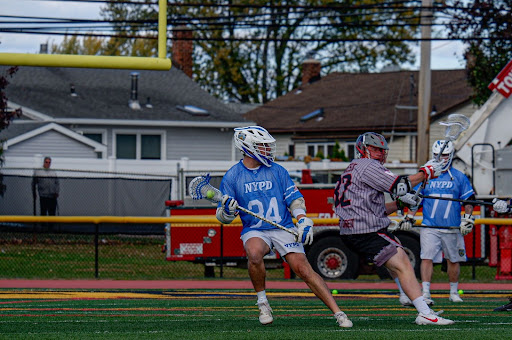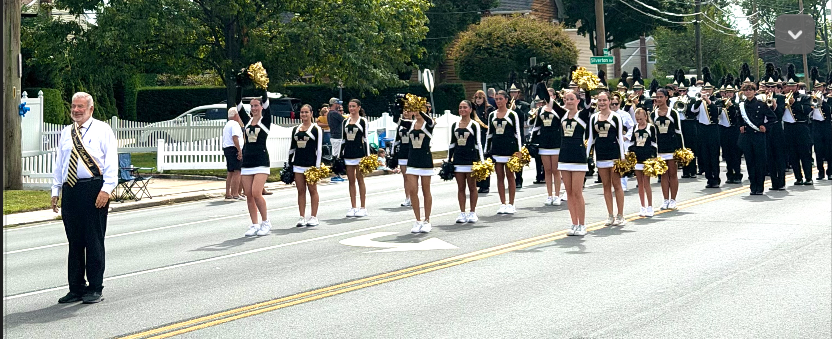Should Columbus Day Be Changed to Indigenous Peoples’ Day?
October 16, 2019
All students love the second Monday in October, Columbus Day. It’s one of the many beloved holidays we don’t have school for in the fall, a day to get a healthy amount of sleep, catch up on homework, and enjoy the dwindling hours of sunlight. But some cities and states in the U.S. are changing what the holiday stands for.
Christopher Columbus landed in the Bahamas in 1492, which set in motion the joining of the Eastern and Western hemispheres through trade. When I was in elementary school, every time October came around, I was taught the same nursery rhyme-like facts: Columbus sailed across the ocean blue in fourteen hundred ninety-two with his three ships, the Nina, the Pinta, and the Santa Marina. Trade flourished, and eventually, settlers came almost two centuries later. But what they didn’t teach us is what happened to those who were already here.
The interactions between Europeans and the Natives were anything but civil. On his first day in the Bahamas, Columbus captured six Natives to be his servants. He later forced other Natives to work for his profit and sold thousands as slaves. Many died being transported from their home island to Spain. The enslaved Natives that lived formed the slave trade in Europe. Aside from this, millions of Natives died, either brutally murdered by Columbus and his men’s attempts to prevent rebellion or killed by European diseases their immune systems couldn’t fight off.
The first city to replace Columbus Day with Indigenous Peoples’ Day was Berkeley, California, in 1992 because of substantial campaigning by Native American groups there. More cities have followed, and now more than 50 celebrate Indigenous Peoples’ Day, including Seattle, San Francisco, and Cincinnati. Six states also celebrate it, while Hawaii observes Discoverers’ Day and South Dakota observes Native American Day. Many cities are also taking down statues of Columbus.
Southampton School District, which has the largest amount of Native students on Long Island, has also changed to Indigenous Peoples’ Day after a fight with the Board of Education to get Columbus’s name off the calendar. Italian Americans in the district argued, saying indigenous people should get a day of celebration, but not on Columbus Day because it was ‘a celebration of Italian contributions.’ After a board vote, the name of the holiday was changed.
After all of this recent discussion, the question remains: Should the nation change the holiday because of the atrocities committed, or keep it because of Columbus’s influence and the representation of Italian contribution?














